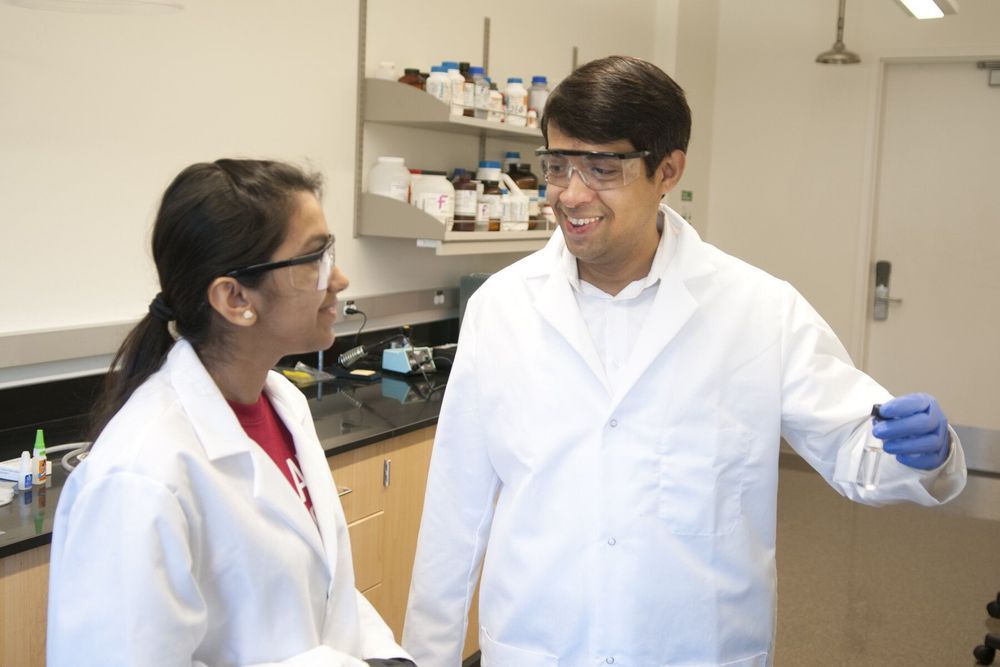A Washington State University research team has found that nanoscale particles of the most commonly used plastics tend to move through the water supply, especially in fresh water, or settle out in wastewater treatment plants, where they end up as sludge, in landfills, and often as fertilizer.
Neither scenario is good.
“We are drinking lots of plastics,” said Indranil Chowdhury, an assistant professor in WSU’s Department of Civil and Environmental Engineering, who led the research. “We are drinking almost a few grams of plastics every month or so. That is concerning because you don’t know what will happen after 20 years.”
